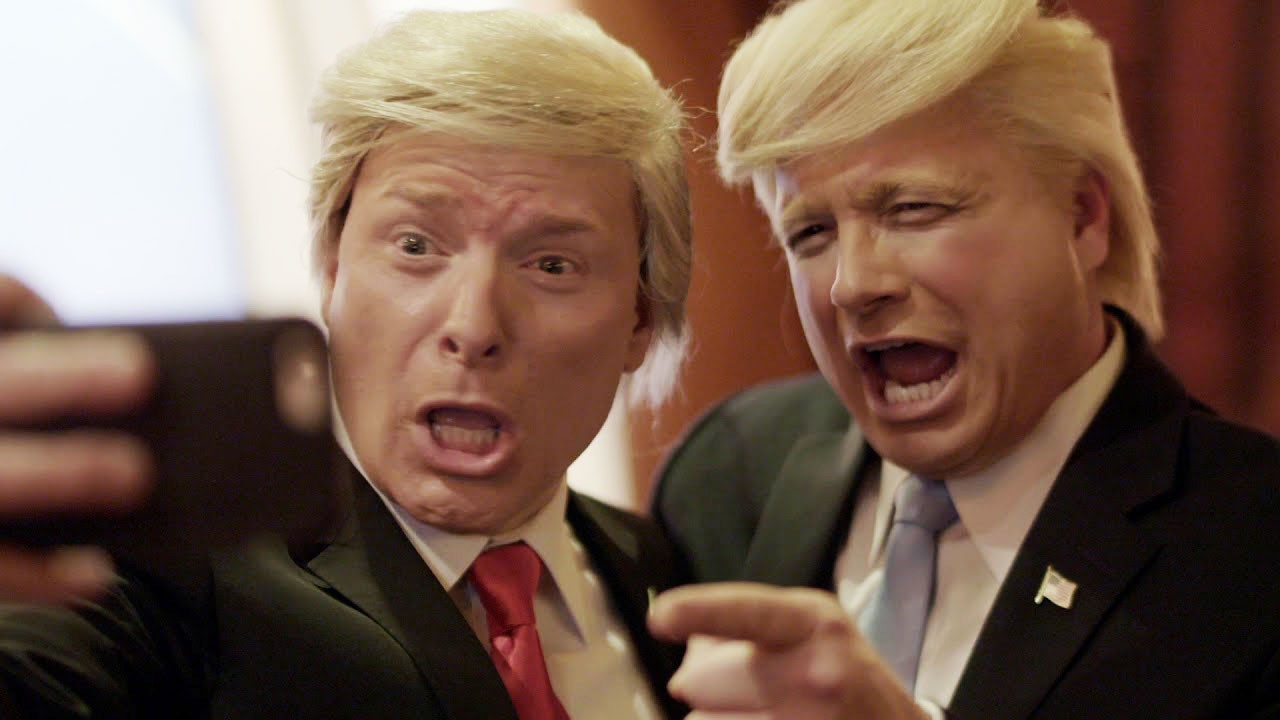Photo by Christopher Pillitz/GettyImages
On Thursday, the New York Times filed a lawsuit against a woman who it says has been posing as a reporter for the paper for years, duping high-profile subjects into interviews and even making her own bogus business cards.According to the New York Post, Contessa Bourbon first claimed she was a Times journalist in 2013 at a Brookings Institute event, despite the paper saying she had never been employed there. Throughout the years, she's allegedly identified herself as a Times journalist on her social media accounts, managed to ask Education Secretary Betsy DeVos a question at a recent speech, and used fake credentials to interview the US Turkish ambassador, the New York Daily News reports. In October, she allegedly contacted a member of Congress, looking to score an invite to a Congressional Gold Medal ceremony by posing as a Times journalist."Ms. Bourbon’s unprofessional conduct in dealing with congressional staff members was also inaccurately attributed to the New York Times, to its detriment," the claim states.The suit alleges that Bourbon, who lives in Queens, even went so far as to print a set of fake business cards to keep up her ruse. She's even tweeted about assignments and editors, despite the Times saying she's "not, and never been, employed by the Times, as a reporter for the New York Times, or in any other position or capacity,” according to the lawsuit.
Advertisement
The suit alleges Bourbon has identified herself as a Times reporter in her Twitter bio at one point, but now she describes herself as a "Journalist for the Wall Street Journal, London Times, Guardian, Washington Post: Queen of BARCELONA.""The Times has suffered damage to the reputation of its trademarks," the complaint states. "Her conduct also creates confusion as to which reporter is representing the New York Times at an event and as to whether an event or interview is actually being reported for the New York Times."While Bourbon's scheme may have been able to dupe more than a couple high-ranking officials, she's got nothing on the Joel Osteen doppelgänger who convinced hundreds of people he was the celebrity televangelist at one of Osteen's own events.Related: The World's Greatest Trump Impersonator

